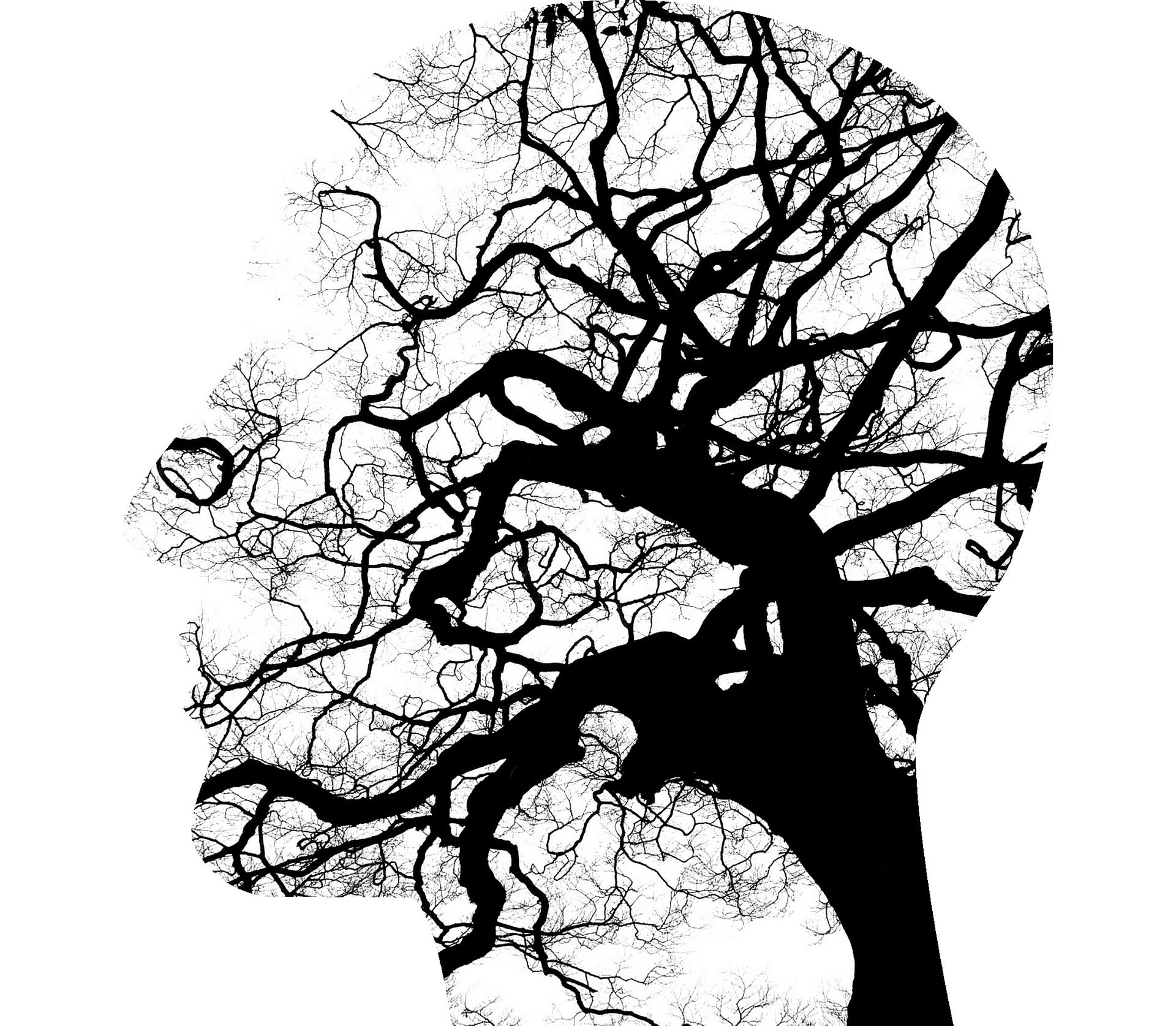This post was created in partnership with BetterHelp. As a BetterHelp affiliate, we may receive compensation from BetterHelp if you purchase products or services through the links provided on this page.
When you decided that you wanted to go to medical school, you probably didn’t think it would be so “dangerous.” Not just physically dangerous, but mentally as well. Your physical health may be at risk too with all the sleepless nights, hard work, and stress. However, it is your mental health that is a big concern no matter how sane you are when you apply. This is not to say that every student who goes to medical school will have a nervous breakdown, but the chances of depression or feelings of anxiety are pretty high. In fact, a study done by Cardiff University in the UK reported that more than half of medical students admitted to feeling serious levels of anxiety.
Generalized Anxiety Disorder
 One type of anxiety is being found more often in medical school than in any other general population group. Generalized anxiety disorder (GAD) is a serious mental health condition that will not only affect your mental health. It has been found as a risk factor for heart attack, as well. Women are two times more likely to have this disorder than men and it affects almost 10% of individuals in the United States. Two thirds of those with GAD have major depression, as well.
One type of anxiety is being found more often in medical school than in any other general population group. Generalized anxiety disorder (GAD) is a serious mental health condition that will not only affect your mental health. It has been found as a risk factor for heart attack, as well. Women are two times more likely to have this disorder than men and it affects almost 10% of individuals in the United States. Two thirds of those with GAD have major depression, as well.
Symptoms of GAD
GAD has its own set of symptoms that can be described as extreme worry that often interferes with your daily activities. The symptoms happen at least three times per week and usually include:
- Having a hard time concentrating
- Excessive worrying
- Feeling more irritable or angry than usual
- Agitation or edginess
- Muscle cramps and vague pains
- Easily tired or worn out
- Difficulty with sleeping
- Panic attacks (fast heart rate, sweating and rapid breathing)
First Steps
If you have any of these symptoms, it is important that you talk to someone. At the American Medical Student Association (AMSA), there are students just like you who can answer some of your questions or assist you finding the help you need. If you don’t feel comfortable talking to someone at the AMSA, on campus, or in person, you can also talk to a professional therapist online and anonymously at BetterHelp. You don’t even have to make an appointment. However, no matter who you decide to contact, be honest and forthcoming about your situation so that you can get the help you really need.
This post is brought to you in partnership with BetterHelp, an online counseling platform. AMSA has partnered with Betterhelp.com to provide 28 days of unlimited professional online counseling for our members. Find convenient, affordable, private online counseling with a licensed, professional therapist. Anytime, anywhere.

